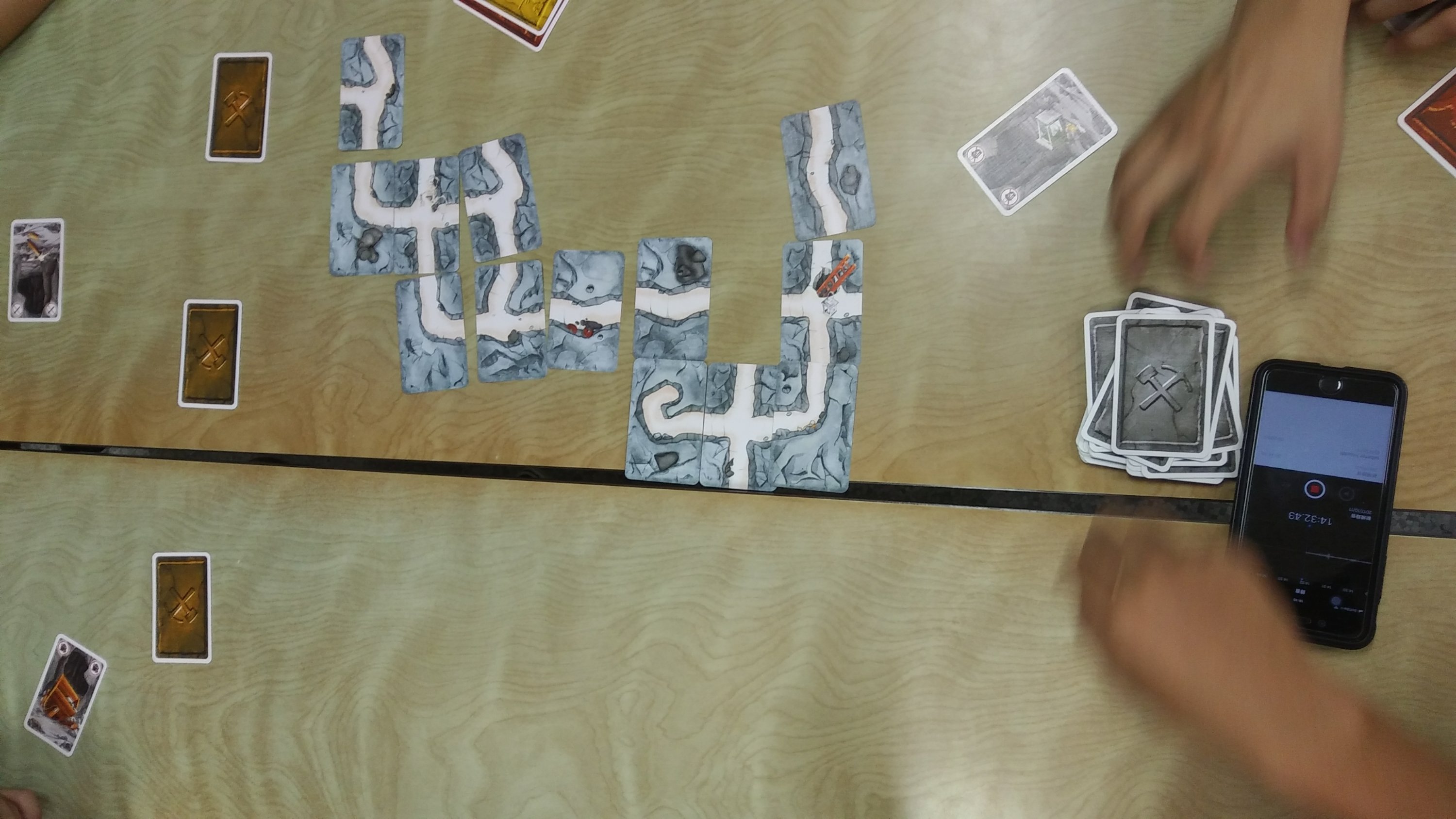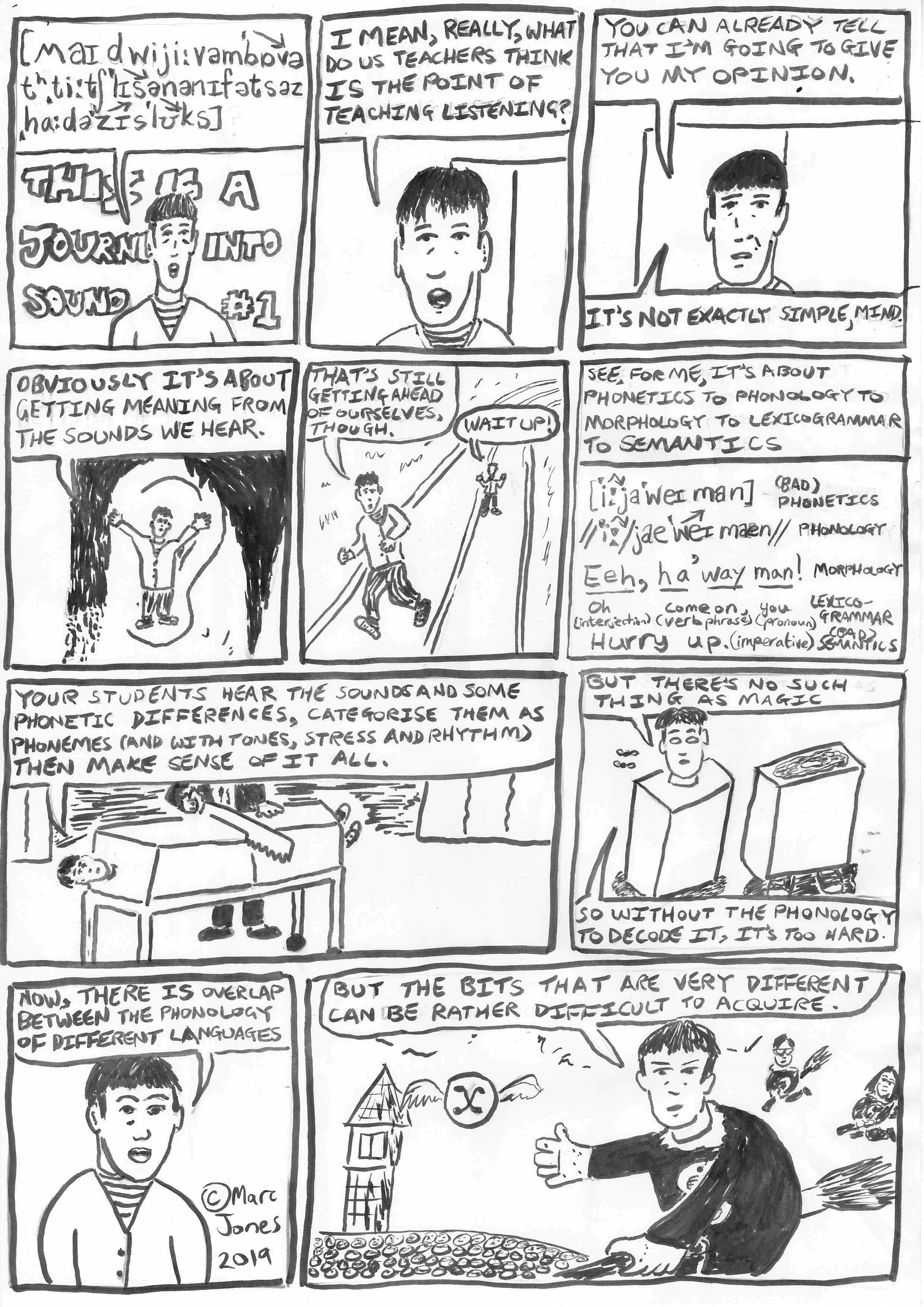Unlike some of my favourite people on Twitter, I haven’t gone to IATEFL conference in Liverpool. It would have been nice to meet people I know face-to-face, especially colleagues in the SLB co-op. Anyway, this isn’t about that. It’s about Paula Rebolledo Cortés’ plenary on Teacher Empowerment. Loads of people were tweeting about it. I was wondering if it might live up to the hype, which says more about me (horrible, hard to please, cynical) than about her.
Against ‘gurus’
In my opinion, as somebody who tends to fixate on side details, I wondered about the tweets which said Ms. Rebolledo was sick of gurus. I guess yes, it was true but it wasn’t the kind of anti-expert stuff that’s sending half the world (at least) to hell. It was about claiming expertise in our own experience and also examining it carefully and reflecting and testing our assumptions. She was championing classroom research, which is very important, even on a personal level but also more widely because we can compare and contrast between classroom experiences and outcomes.
‘Empowerment’ doesn’t mean anything
One of the biggest things for me was that Ms. Robelledo seemed quite annoyed by spurious claims of empowerment made by people trying to sell stuff or promote themselves. Yeah, I know, I am blogging, and am part of a Task-Based Language Teaching course but I am not eating foie gras with Bill Gates in Davos. My main job is very much based around my 30-odd contact hours of teaching at universities. Anyway, empowerment happens when development and education are supported and appreciated but teachers feel. disempowered when this development and education is rejected.
So, this is a flashback to the immediate aftermath of my DipTESOL. All this effort and learning and what happened with the language school/agency I worked for? Complaints that I was teaching beyond the materials. What happened at school? I got to change things a bit, through ‘job-crafting’ (Wrzesniewski & Dutton, 2001; Falout & Murphey, 2018), often without permission, if I am totally honest. This is where I think I have to go off on a tangent about being empowered.
Empowerment is everything
You have power, at least some of the time. I mean, obviously there’s a difference between the circumstances of needing to get money to actually provide food and shelter in the short term and the slack that comes with having savings and low unemployment. In my case, I could just quit if I wanted to because I was with five different employers at that time. You might also have the power if it’s more inconvenient for your boss to fire you than to keep you even when you don’t agree with their decisions and undermine them when it’s justified. This sounds unprofessional, and I suppose it is if you see professionalism as sycophantic in support of business and capitalism; however, I see it as highly professional because I was supporting my own expertise and knowledge, and more importantly my students’ learning opportunities.
It’s the connection in my head between this plenary talk and Rage Against The Machine. “We gotta take the power back!” (Rage Against The Machine, 1992). My worry when I heard about this plenary was that it gives the corporate pigs at the ELT industry trough enough of an opportunity to assimilate teacher empowerment into the hegemonic narrative, and turn it into something it isn’t. There could end up being moves made to ’empower’ teachers through student monitoring exercises written into poor coursebooks that don’t address the needs or desires of the people in the room. However, what we could see is the teachers who can afford IATEFL tickets standing up to their bosses and not compromising on principles for the sake of purely financial concerns. Hopefully, this trickles down in stories to other teachers elsewhere and then maybe we might have a chance at getting the profession into the state it deserves to be in.
References
Falout, J., & Murphey, T. (2018) Teachers Crafting Job Crafting. In Mercer, S. & Kostoulas, A. (Eds.) Language Teacher Psychology. Bristol: Multilingual Matters.
Rage Against The Machine (1992) ‘Take The Power Back” in Rage Against The Machine (Track 3). Sony Music.
Rebolledo Cortés, P. (2019) Teacher Empowerment: Leaving the Twilight Zone. IATEFL 2nd April 2019. Liverpool.
Wrzesniewski, A., & Dutton, J. E. (2001) Crafting a job: Revisioning plus as active crafters of their work. Academy of Management Review 26 (2), 179-201.



